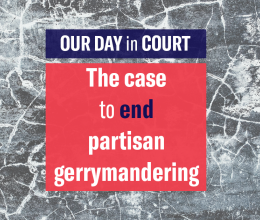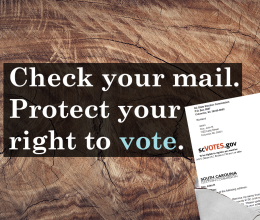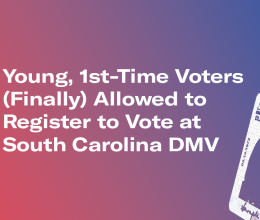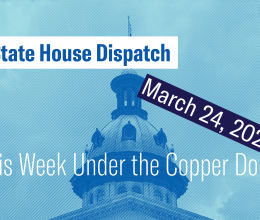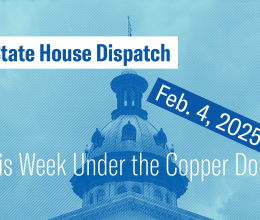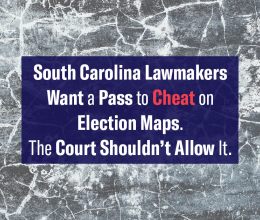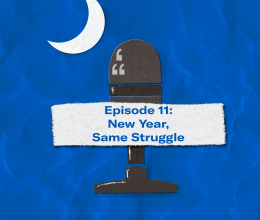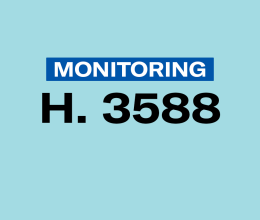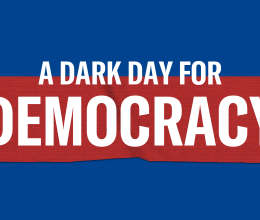
On October 2, 2020, the Lawyers’ Committee for Civil Rights Under Law, the ACLU of South Carolina, and Debevoise & Plimpton LLP filed a federal lawsuit challenging South Carolina’s failure to allow absentee voters to correct minor concerns on their ballot envelopes. The lawsuit argued that this failure was unconstitutional and needed to be corrected before the November election. South Carolina’s lack of effective notice and cure process violated voters’ due process rights and their right to vote, leading to the disenfranchisement of large numbers of eligible voters in the election.
South Carolina election law required election officials to reject absentee ballots based on a missing signature on the outside of the ballot return envelope without requiring voters to be notified if this happens. The plaintiffs asked officials to direct county election officials to immediately provide voters with notice and an opportunity to cure those issues, so they could ensure their ballot is not unnecessarily disqualified before the election was over. Additionally, county boards of voter registration were attempting to implement signature matching to determine the legitimacy of absentee ballots, which is not in accordance with state election law. The plaintiffs asked the court to order relief in time to prevent eligible voters’ absentee ballots from being thrown out in the November election.
Why this case?
Voting is one of the most fundamental powers for citizens in a democracy. To automatically reject a vote on a technical error without notification or chance of correction is to suppress that power. Moreso, absentee voting was especially vital during the COVID-19 Pandemic to comply with social distancing and other life-saving policies. Just like all other voters, absentee voters needed to be given notice of the problem and an opportunity to be heard.
The latest
On October 27, 2020, a federal judge ruled that county boards of voter registration cannot use signature matching to determine the legitimacy of an absentee ballot. In addition, it required all absentee ballots previously rejected due to signatures to be re-evaluated. This was a victory for the sanctity of the people’s ability to have their voices heard during the democratic process, even from the safety of their homes amidst a global pandemic.

